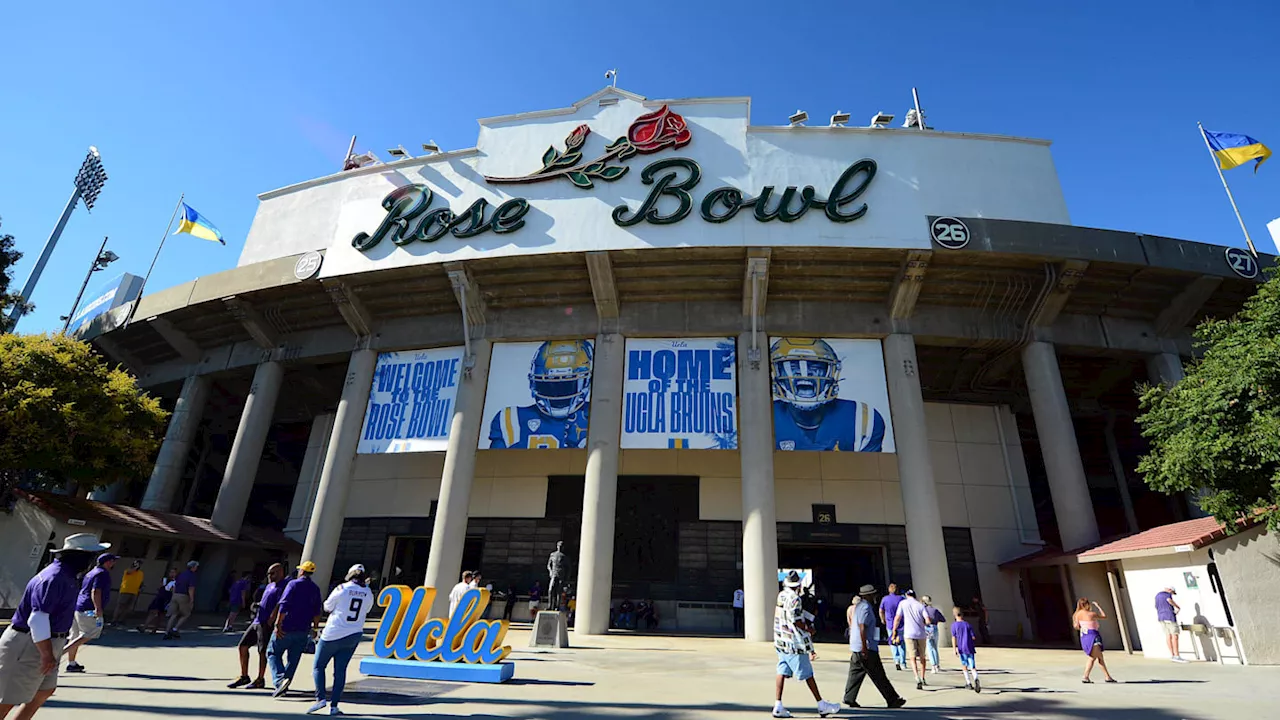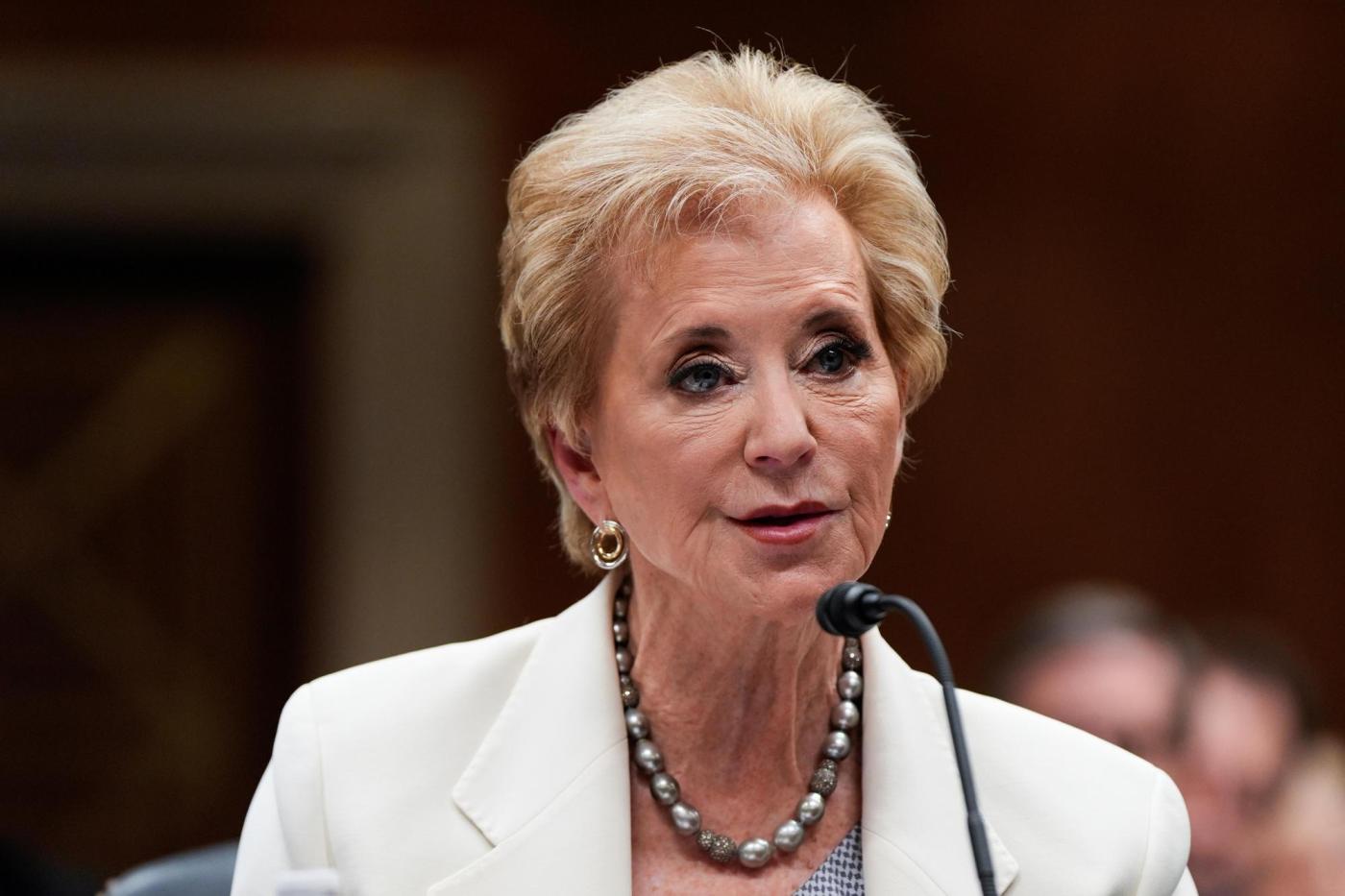The UCLA Bruins football team is reportedly in discussions to relocate its home games from the historic Rose Bowl Stadium to SoFi Stadium starting with the 2026 season. This potential move has sparked significant backlash among fans, who fear it could erode the traditions and identity associated with the university’s storied football program.
According to multiple sources within the UCLA athletic department, the deal for the Bruins to play at SoFi Stadium is nearly finalized. Sports journalist Pierson noted that while the agreement should not be considered completely certain, it has been described as a “near-done deal” by insiders. Many sources within the athletic department are treating the relocation as an accepted transition.
The motivation for this significant shift appears to be largely financial. UCLA believes that the revenue generated from premium seating and luxury suites at SoFi Stadium will outweigh the benefits of remaining at the Rose Bowl, which is approximately 26 miles from the university’s campus in Westwood. This distance has posed challenges in attracting a solid student fan base at home games, contributing to dwindling attendance figures.
Concerns Over Tradition and Accessibility
Fans have voiced their displeasure regarding the potential move. Many argue that relocating to SoFi Stadium, which is located in Inglewood, would signal the end of the traditions that have defined UCLA football for generations. Some supporters express concern about the “soullessness” of the new venue compared to the Rose Bowl’s rich history and atmosphere.
A notable voice in the discussion, Arash Markazi, founder of The Sporting Tribune, acknowledged the differences between the two venues, stating, “I don’t love it, but it makes sense.” Markazi’s comments highlight the complexity of the situation, as fans grapple with the financial realities confronting the program amid a challenging era for UCLA football.
Compounding these concerns are recent statements from the City of Pasadena and the Rose Bowl Operating Company. In late October, these entities accused UCLA of “betraying the trust of its agreement” by considering a move to SoFi Stadium, reflecting the tensions surrounding the proposed relocation.
Financial Implications and Future Prospects
The financial landscape for college athletics has become increasingly competitive, with institutions seeking to maximize revenue streams. The allure of SoFi Stadium’s amenities, including luxury boxes and premium seating options, plays a significant role in UCLA’s considerations. The school’s athletic department is undoubtedly aware that boosting attendance and engagement will be critical to the program’s future success.
Despite the potential monetary benefits, the pushback from devoted fans remains palpable. Many feel that moving away from the Rose Bowl would disconnect the program from its roots and compromise the college football experience that has been cherished by generations of Bruins supporters.
As discussions continue, the university faces a crossroads that could redefine the future of its football program. With the expected transition drawing nearer, UCLA must balance financial imperatives against the emotional and historical significance of the Rose Bowl.
The outcome of this potential move will likely reverberate throughout the college football landscape, affecting not only UCLA but also the broader community of fans and stakeholders involved in the sport. As UCLA navigates this pivotal moment, the voices of its supporters will play an essential role in shaping the narrative surrounding the Bruins.







